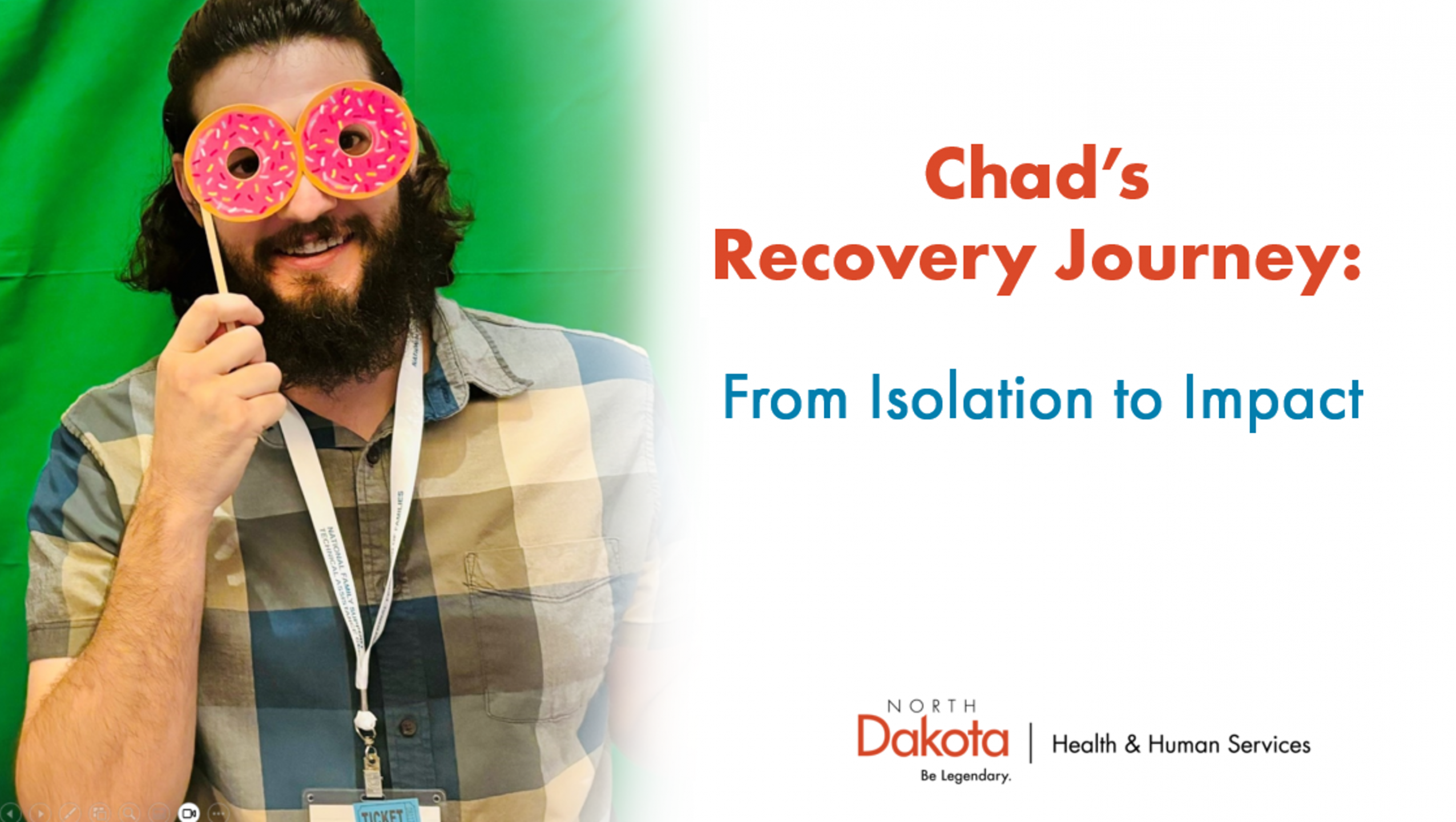
Chad Smith’s path to recovery wasn’t a straight line, nor was it without profound challenges. Like many who struggle with addiction, his journey began in his early teens when recreational use turned into a lifestyle.
“I never really grew out of the party phase,” admits Chad. By his mid-20s, his life had unraveled. He lost relationships, stability, and eventually found himself couch surfing with no place to call home. It was during this time that Chad encountered methamphetamine. Unlike many, he began using meth later in life, during his late 20s.
“I had already lost everything, so it just felt like the next thing to do,” he recalls. For a while, he convinced himself he was in control, but soon the drug began to take a toll on his mental health.
Chad started experiencing psychosis—hearing voices, feeling paranoid, and believing that people were out to harm him. These symptoms plagued him daily, leaving him with nowhere to feel safe. Desperate, he sought help at the hospital and entered a psychiatric unit. From there, he was connected to a treatment program at West Central Human Service Center, in Bismarck.
After completing treatment, Chad thought he was “cured.” But like many in early recovery, he didn’t yet grasp the complexities of addiction.
“I lasted a few months before I started drinking again, and within weeks, I was back to using meth,” he says. This relapse was devastating. The psychosis symptoms returned, worse than before, and even after achieving sobriety for weeks, the voices and paranoia persisted.
“I was terrified,” Chad shares. “That was my turning point. I knew I had done serious damage and had to commit to recovery.” Returning to treatment, Chad found a supportive counselor who helped him work through his challenges. For the first time, he opened up about his experiences with psychosis.
“At first, it was terrifying to share. I thought people would think I was crazy or I’d be taken away,” he explains. But sharing his story became a powerful moment of connection. Others in his group were experiencing similar struggles but had also been too afraid to talk about it. “Realizing I wasn’t alone, and that my story could help others, was empowering,” says Chad.
Over time, Chad addressed his mental health issues, including anxiety and depression. He completed treatment and returned to life as a mechanic. But fate had other plans. While searching for jobs one day, he came across an opening for a peer support specialist at West Central. “It felt like it was meant to be,” he says with a smile.
Today, Chad uses his experiences to help others find hope and healing. “Sharing my story showed me how much peer support matters,” he reflects. “It’s about walking beside someone, showing them they’re not alone, and helping them see that recovery is possible.”
Chad’s journey from addiction and psychosis to becoming a peer support specialist is a testament to the power of resilience, community, and the transformative impact of shared experiences.
If you are interested in becoming a certified peer support specialist or want to learn about certification opportunities, please visit the North Dakota HHS Peer Support Certification webpage. This page provides details about the certification process and available programs. Starting your journey could help someone else begin theirs.
